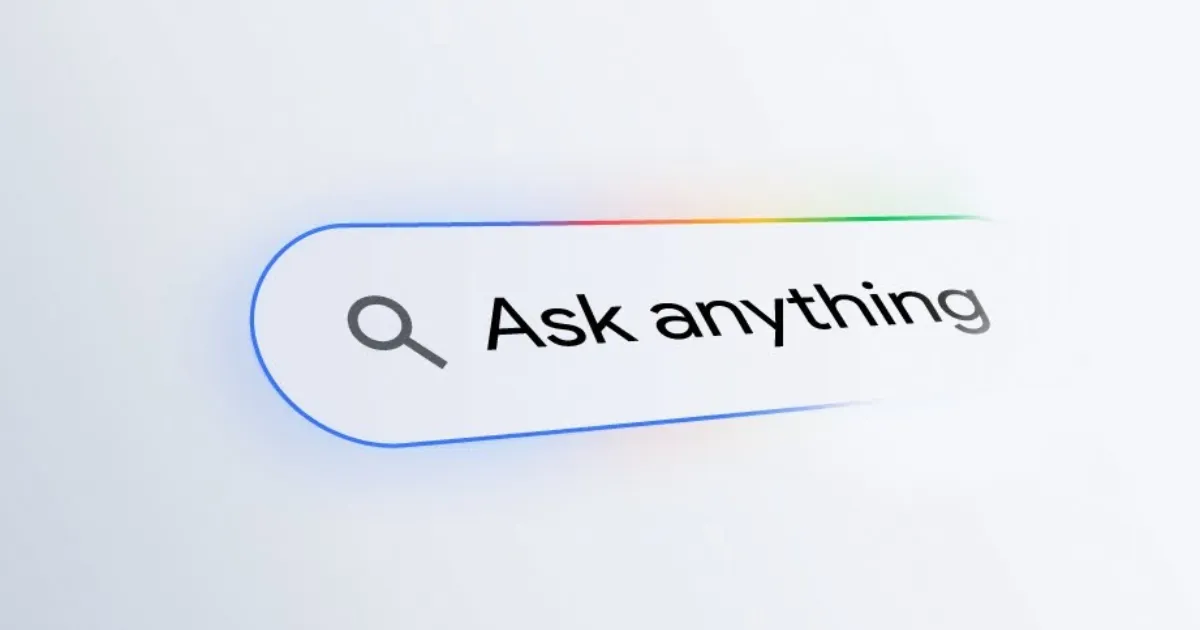Google is testing ads in its AI-powered Search

Google has announced the next phase of its AI-powered search evolution: advertising. On Wednesday, the tech giant detailed plans to begin testing ads within AI Mode, the company’s artificial intelligence-driven feature in Google Search. The move comes as part of Google's broader strategy to monetize its increasingly AI-centric search experience.
Ads Within AI Responses
AI Mode enables users to ask complex questions and receive synthesized, conversational responses generated by AI. Users can then explore topics further via follow-up questions and linked web content. Now, Google says it will begin inserting ads “where relevant,” both below and integrated into these AI responses.
For instance, if someone asks how to start a business, AI Mode might return an ad for a website builder as a logical next step. “From there, [the user] can ask questions to explore possible business ideas, what type of content they should develop, and even learn about their target audience,” Google explained in a blog post.
Advertisers already running Performance Max, Shopping, and Search campaigns with “broad match” settings will be eligible to appear in this new format. For now, the test is limited to U.S. users and includes both desktop and mobile platforms.
Why Now?
The decision is hardly surprising. Advertising remains Google’s core business, generating $66.89 billion in revenue in Q1 2025 alone. As user behavior shifts toward AI-driven interactions, Google is adjusting its monetization strategy accordingly.
The company is also expanding its ad integration in AI Overviews, the feature that summarizes search answers. Starting on desktop in the U.S., Search and Shopping ads will be displayed directly within the summaries, labeled clearly as “Sponsored.” A mobile rollout and expansion to other English-speaking markets is planned.
User and Publisher Backlash
Despite the strategic logic, public sentiment is mixed. A recent CivicScience poll found that 36% of U.S. adults are skeptical of AI in advertising, saying they’re less inclined to buy from brands using AI in this way. The integration of ads into organic, conversational responses may also blur the line between content and promotion, further eroding trust.
Publishers, too, have raised red flags. Many fear Google’s AI answers—now with embedded ads—will divert traffic away from their websites, undermining their own revenue models. Google says it is considering these concerns as it develops AI search features and related ad products.
A Broader Industry Trend
Google isn’t alone in exploring AI-driven ad strategies. Competitors like Perplexity, Microsoft, and OpenAI have all signaled openness to incorporating ads into their own AI tools. Perplexity, for example, began showing ads in late 2023 and has hinted at broader data usage to target them more effectively.
As AI becomes more integral to search, the business of search is being rewritten. Google’s latest move underscores a critical truth: the future of search isn’t just about smarter answers — it’s also about smarter monetization. Whether users and publishers are willing to go along for the ride remains to be seen.





